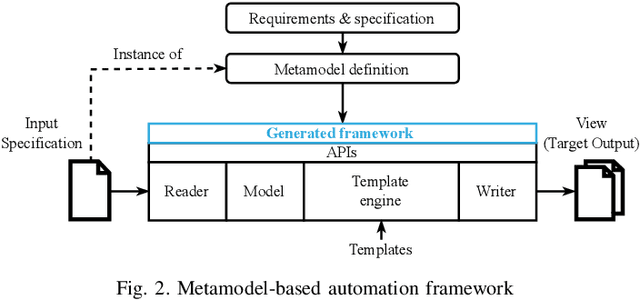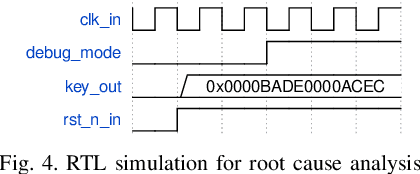FuzzWiz -- Fuzzing Framework for Efficient Hardware Coverage
Paper and Code
Oct 23, 2024



Ever-increasing design complexity of System-on-Chips (SoCs) led to significant verification challenges. Unlike software, bugs in hardware design are vigorous and eternal i.e., once the hardware is fabricated, it cannot be repaired with any patch. Despite being one of the powerful techniques used in verification, the dynamic random approach cannot give confidence to complex Register Transfer Leve (RTL) designs during the pre-silicon design phase. In particular, achieving coverage targets and exposing bugs is a complicated task with random simulations. In this paper, we leverage an existing testing solution available in the software world known as fuzzing and apply it to hardware verification in order to achieve coverage targets in quick time. We created an automated hardware fuzzing framework FuzzWiz using metamodeling and Python to achieve coverage goals faster. It includes parsing the RTL design module, converting it into C/C++ models, creating generic testbench with assertions, fuzzer-specific compilation, linking, and fuzzing. Furthermore, it is configurable and provides the debug flow if any crash is detected during the fuzzing process. The proposed framework is applied on four IP blocks from Google's OpenTitan chip with various fuzzing engines to show its scalability and compatibility. Our benchmarking results show that we could achieve around 90% of the coverage 10 times faster than traditional simulation regression based approach.
 Add to Chrome
Add to Chrome Add to Firefox
Add to Firefox Add to Edge
Add to Edge